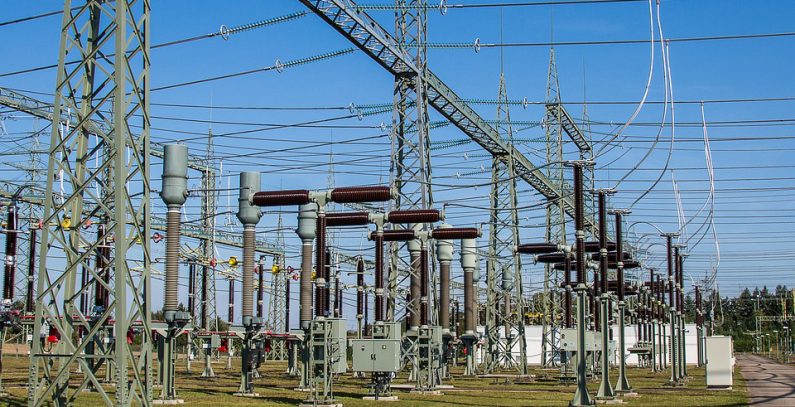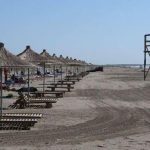TIRANA, Dec. 11 – Kosovo anticipates several million euros in annual profits after eventually opting out from Serbia’s power grid and joining Albania’s power grid, according to outgoing Kosovo government officials and those of Kosovo’s transmission system operator (KOSTT). A little over a week ago, KOSTT and the Transmission System Operator of Albania (OST) signed in Tirana the agreement on the establishment of the Kosovo- Albania power grid, the implementation of which will begin in April 2020.
The Chief Executive Officer of KOSTT, Ilir Shala, said that the signing of the agreement with Albania will enable Kosovo to break away from the umbrella of the Serbian regulatory zone (EMS) and become part of the OST (Transmission System Operator of Albania). He added that Serbia has illegally used Kosovo’s transmission network and collected revenues of about 65 million euros, from 2008 until now. Therefore, he sees the agreement with Albania as a good opportunity for Kosovo to bring in over 2 million euros a year.
“The dimensions of energy capacities within the Kosovo-Albania block are defined in financial or commercial terms, where according to the calculations, the savings will amount to around 4 million euros per year. For OST, profit is expected to reach 1.4 million euros, while for KOSTT it will amount to 2.6 million euros, ” Shala said. Moreover, the outgoing Minister of Economic Development, Valdrin Lluka, pointed out that Kosovo suffers annual losses of up to 12 million euros from Serbia’s System Operator (EMS), which continues to collect the capacity allocation revenue for Kosovo’s border lines with neighboring states. Lluka added that these financial losses have to do with the electricity bills amounting to 10 million euros a year by customers of the Serb majority in northern Kosovo municipalities where no electricity is actually paid for. “The northern part of Kosovo, in accordance with the 2013 Brussels Energy Agreement, is foreseen to be supplied through an energy provider. This supplier will be licensed in accordance with the Kosovo regulatory framework, but must previously have a business registration certificate issued by the Business Registration Agency under the Ministry of Trade and Industry. It is currently expected that this company will apply for a license in accordance with the Kosovo legal regulatory framework.” the Chief Executive Officer of KOSTT said.
Kosovo – Albania interconnection line
In addition to the Kosovo – Albania agreement on the joint power grid, the two countries also concluded a common project which, however, has not been implemented yet; this constitutes a Kosovo – Albania interconnection line that was officially completed in 2016, but was not implemented as a result of Serbia not going through with the agreement signed in Brussels in 2013 between representatives of Pristina and Belgrade, with the facilitation of the European Union.
However, Shala recently announced that the interconnection agreement between Kosovo and Albania, otherwise known as the energy highway, will be fully functional by early next year.
“The contract for the interconnection construction project or as we call it, the energy highway, was signed in 2013. The construction took place in December 2015 in the territory of Kosovo, while in the territory of Albania, the construction finished in June 2016,” he announced in and interview for Klan Kosova.
“It exists already as an asset, a physical infrastructure and will be launched in April 2020 when we begin operating independently within the Kosovo-Albania regulatory block. We signed the agreement with Albania on November 26 – on the day the earthquake hit the country and for this reason it has not been very present in the media – which I can easily call historical, because KOSTT has never functioned independently as an electricity transmission system and has never been within a regulatory block with the OST,” he added.
Shala also spoke about the benefits on the table for Kosovo and Albania after the interconnection agreement is fully implemented. “This agreement can be treated in two aspects – the technical and commercial aspect or the beneficial aspect. Regarding the technical aspect, real-time monitoring and control of the power system should be carried out in accordance with the obligations of KOST. As for the commercial aspect, through the exchange of tertiary reserves, the profits amount to about 4 million euros in total for OST and KOSTT,” Shala said.










